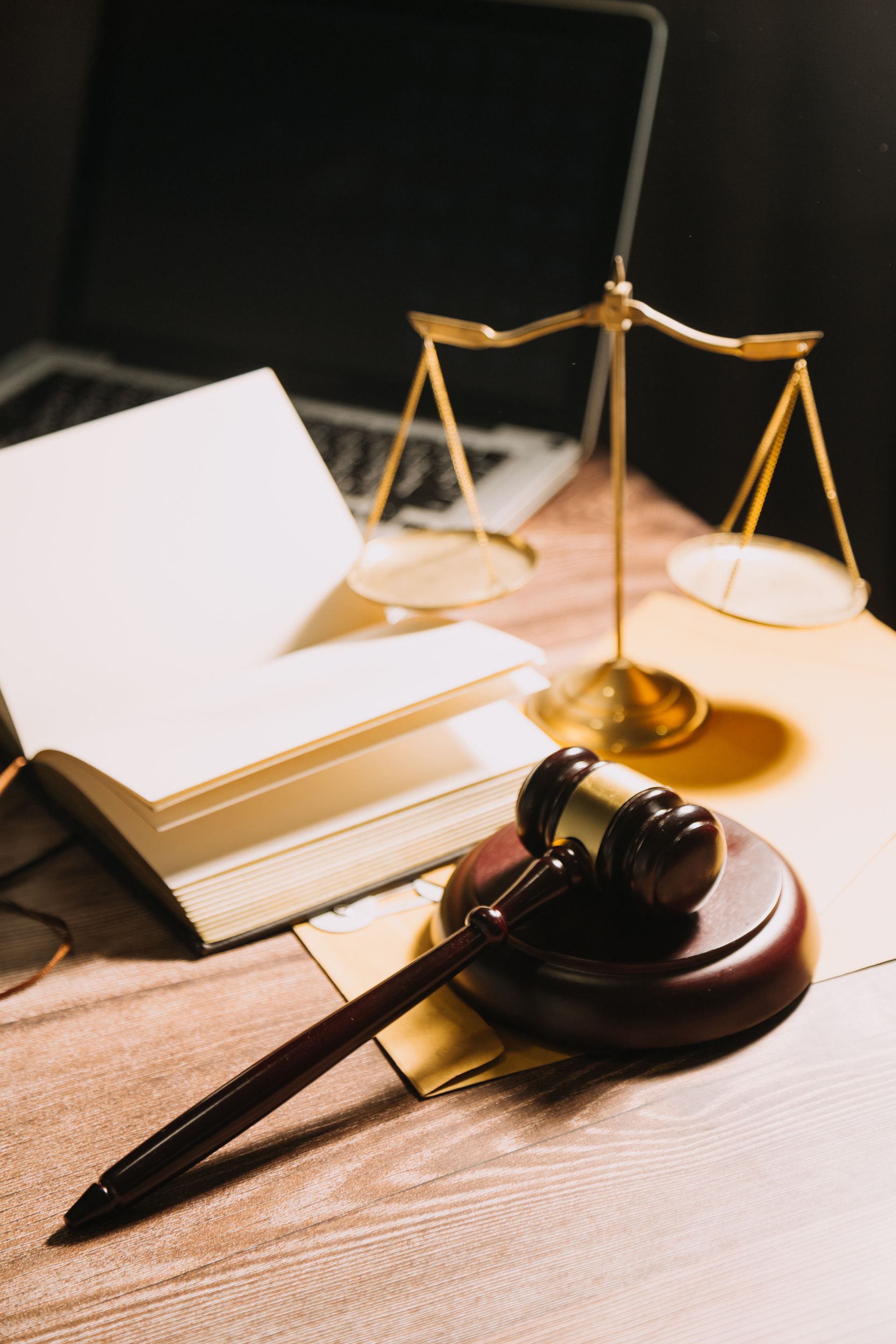Can I Keep My Car If I File for Chapter 7 Bankruptcy in Connecticut?
Can I Keep My Car If I File for Chapter 7 Bankruptcy in Connecticut?
At Grafstein & Arcaro, LLC, we understand that one of the biggest concerns for individuals considering Chapter 7 bankruptcy is whether they can keep their car. Losing reliable transportation can make it difficult to get to work, care for family members, and manage daily responsibilities. Fortunately, Connecticut bankruptcy laws provide options that may allow you to keep your vehicle while obtaining debt relief.
Connecticut’s Motor Vehicle Exemption
In Chapter 7 bankruptcy, certain assets may be liquidated to repay creditors. However, exemptions allow you to protect specific property, including your car, up to a certain value. Connecticut law provides a motor vehicle exemption of up to $3,500 in equity. This means that if your car’s equity—its market value minus any outstanding loan balance—is within this limit, you can protect it from liquidation.
If your car's equity exceeds $3,500, you may still be able to use additional exemptions, such as the wildcard exemption, which allows up to $1,000 in additional protection for any property. Married couples filing jointly can double the exemption amounts.
What If You Still Owe Money on Your Car?
If your vehicle is financed, your options depend on your ability to stay current on payments:
- Reaffirm the Loan: You may enter into a reaffirmation agreement with your lender, agreeing to continue making payments to keep the car.
- Redeem the Car: If the car is worth less than what you owe, you may be able to pay a lump sum to purchase the vehicle at its fair market value.
- Surrender the Car: If keeping the car is financially unfeasible, surrendering it can discharge your obligation to the loan, allowing you a fresh start.
Alternatives to Consider
If you are concerned about losing your car, Chapter 13 bankruptcy might be a better option. This form of bankruptcy allows you to catch up on missed payments through a structured repayment plan while keeping your vehicle.
Seek Legal Guidance
Determining whether you can keep your car in Chapter 7 bankruptcy depends on various factors, including equity, exemptions, and loan status. At Grafstein & Arcaro, LLC, we help Connecticut residents understand their rights and explore options to protect their assets while seeking debt relief. Contact us today to discuss your case and determine the best strategy for keeping your car during bankruptcy.








